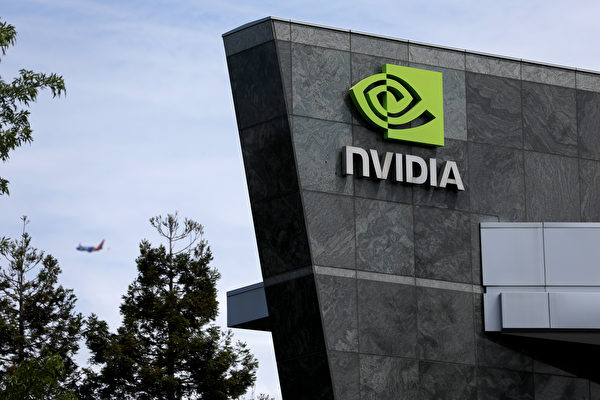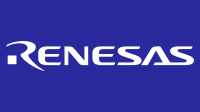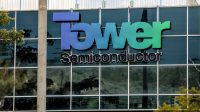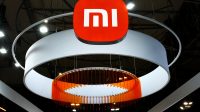Chinese Entities Defy U.S. Chip Export Bans: Continued Demand for Nvidia Semiconductors
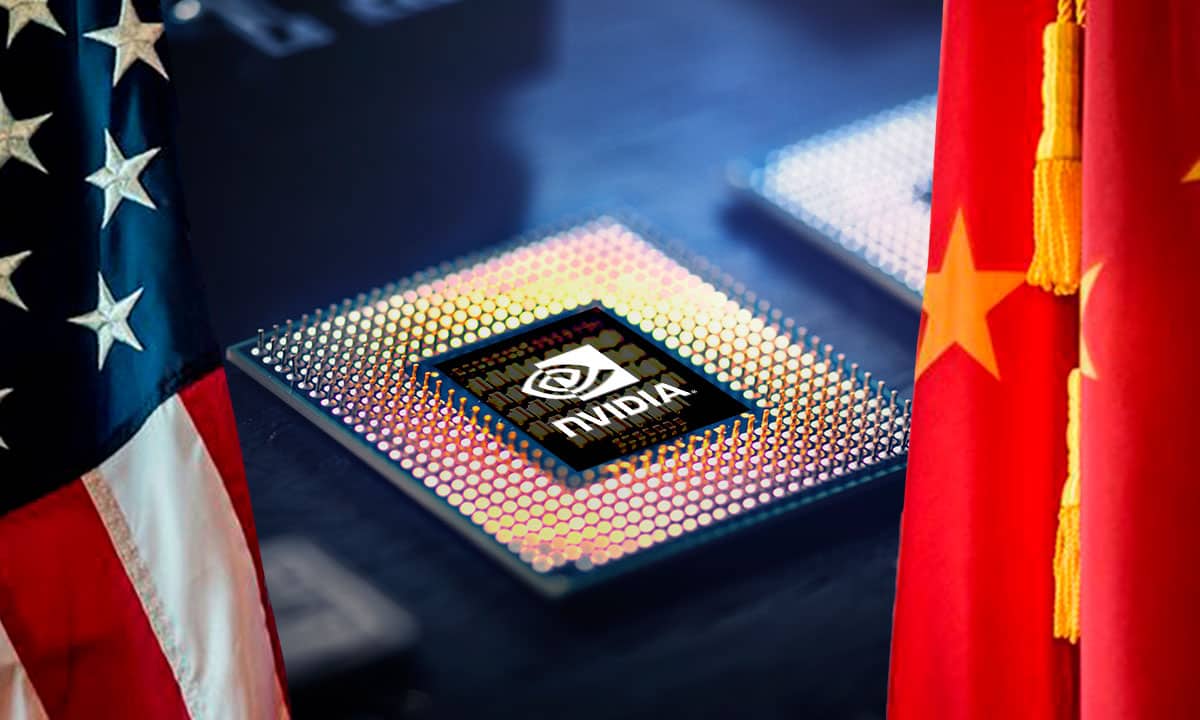
Over the past year, a Reuters review of tender documents reveals that Chinese military bodies, state-run AI research institutes, and universities have been actively acquiring Nvidia semiconductors, despite U.S. export bans. This defiance highlights the challenges faced by Washington in completely restricting China’s access to advanced U.S. chips critical for AI and military computing breakthroughs.
The purchased chips, including the A100 and H100, banned from export since September 2022, underscore the persistent demand for Nvidia’s graphic processing units in China. This trend emphasizes the lack of viable alternatives for Chinese companies, even with the emergence of competing products from companies like Huawei.
Prominent universities and entities subject to U.S. export restrictions, such as the Harbin Institute of Technology and the University of Electronic Science and Technology of China, have been among the purchasers. This signals the difficulties in enforcing U.S. measures, with some buyers acquiring chips for undisclosed purposes.
The review did not identify Nvidia or its approved retailers as suppliers, raising questions about the procurement channels for these banned chips. An underground market has reportedly developed in China, obtaining chips through various means, including excess stock and imports through intermediary countries.
Despite efforts to restrict chip exports, an industry expert notes the inherent challenges in creating foolproof restrictions due to the small size and easy transportability of chips. The primary objective appears to be impeding China’s AI development by complicating the construction of large clusters of advanced chips needed for training AI systems.
The review of over 100 tender documents reveals purchases of A100 and A800 chips by state entities. While most tenders indicate the chips are being used for AI, details about buyers remain undisclosed or heavily redacted. The purchases, though relatively small in quantity, contribute to enhancing existing AI models.
Notable cases include Tsinghua University consistently procuring A100 chips since the 2022 ban and Chongqing University’s specific tender for a brand-new A100 chip. These cases highlight ongoing demand and adherence to restrictions, with deliveries completed as per published notices.
Read More Innovation – Tech Foom

